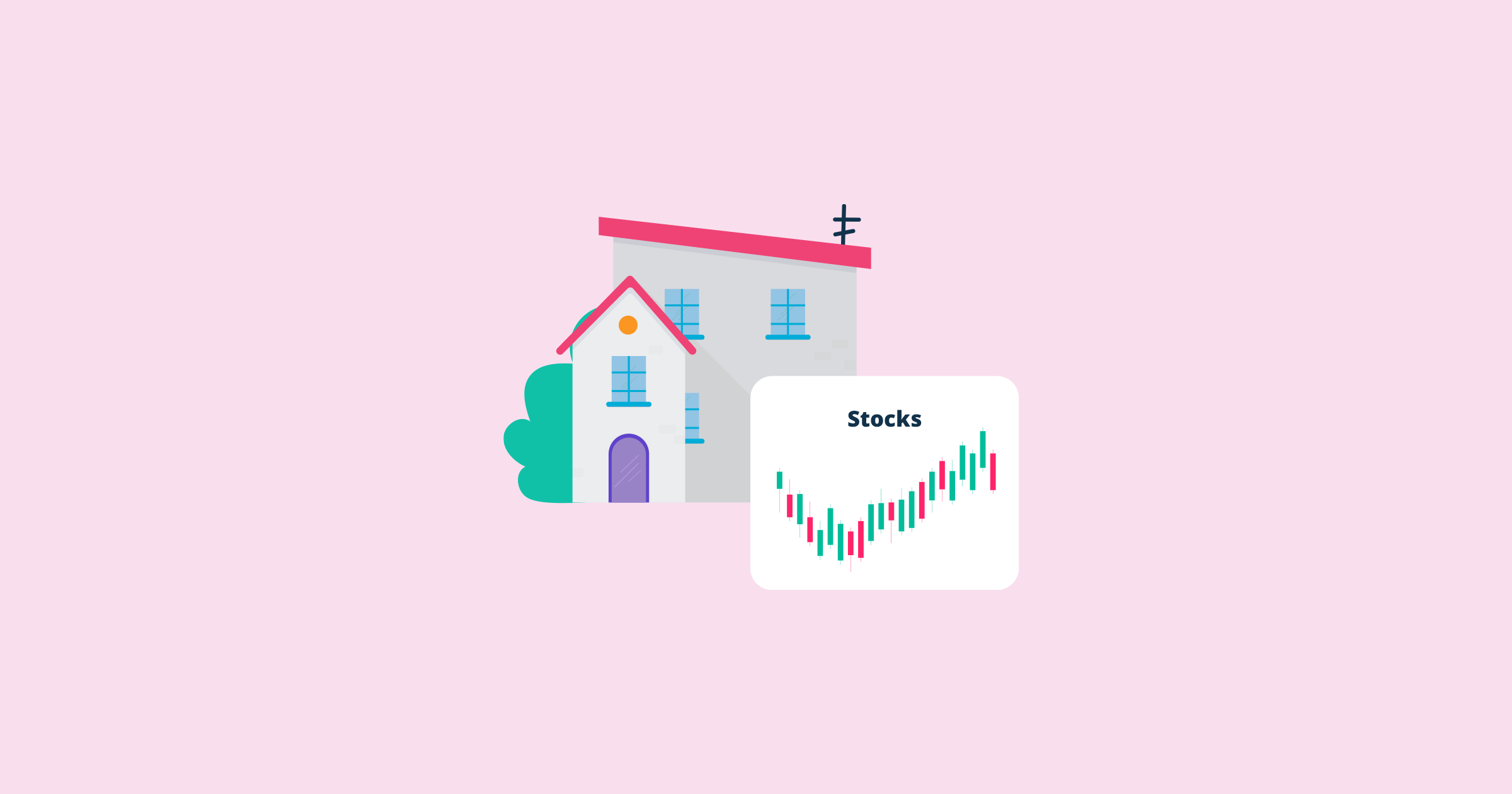Inflation is the rise in the general level of prices for goods and services. It can affect the overall economy and the purchasing power of your money.
High inflation also has an effect on investor sentiment as well as the value of your investments and how they may perform over time.
Read on to learn the potential impact of inflation on different types of investments.
1. Investments may lose their “real” value
When goods and services get more expensive, each unit of a currency only gets to buy fewer of them than before. This is true of the cash you have on hand as well as your savings and future earnings.
That’s why people are often told to invest to possibly grow their money faster than the inflation rate. However, if inflation goes up too fast, or continues to stay elevated for a long time, it can be hard for investment returns to keep up.
Investment vehicles with fixed interest, like bonds and time deposits, are especially vulnerable to inflation.
Since their returns remain the same, high inflation may heavily reduce the value of what you might earn from these assets.
Inflation may also worsen losses from any investment because people end up spending more of their active income and get little, or worse, nothing from their passive investments.
2. Elevated inflation can affect investor sentiment and demand
Central banks, like the Bangko Sentral ng Pilipinas (BSP) typically aim to keep inflation at a manageable level. They may respond to elevated inflation by raising interest rates to cool down economic activity.
High inflation and high interest rates can have direct and indirect effects on investments.
- Stocks
Extreme inflation can negatively impact the stock market. For one, investors typically look at earnings when deciding whether to invest in a company.
Inflation can eat into these earnings while also raising the cost of doing business. When interest rates are high, borrowing money is more expensive.
Companies may pause plans to take out loans to expand their business. This might impact future performance, making stocks less attractive and leading to lower share prices.
Keep in mind, however, that there’s no guarantee that the markets will move in a certain direction. Some immediate effects may be short-lived, and it’s possible for prices to recover over the long term.
- Bonds and fixed-income assets
When interest rates go up, newer bonds and some deposit products will go with the market rate and offer higher returns. However, older bonds that were issued when rates were lower may see a decrease in demand, and so their prices may fall.
Investment funds that contain stocks, bonds, or both can also be affected by rising inflation. To protect against it, investors may flock to “safe haven” investments with the potential to grow in value even in a high inflation environment.
Building a properly-diversified portfolio is another way you might keep your money safe and make progress toward your goals no matter the economic condition.
.jpg)

1.png)

